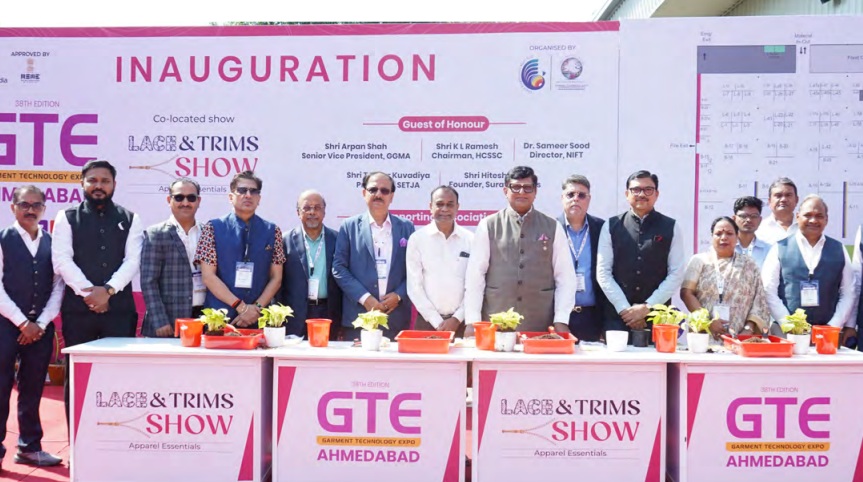To highlight various problem faced by the textile players in Pakistan, All Pakistan Textile Mills Association (APTMA) has presented a nine-point proposal to the Federal Textile Board. Pakistan’s textile exports that peaked at $13.8 billion in 2011, have stagnated ever since. For the recently ended fiscal year, all textile items other than cotton yarn and knitwear, which were up by 11 and 8 per cent, respectively have sharply declined year-on-year in terms of volume exported – cotton cloth by 28 per cent; bed wear by 28 per cent; towels by 16 per cent; readymade garments by 23 per cent; tents, canvas and tarpaulins by 53 per cent, and artificial silk and synthetics by 64 per cent.
APTMA estimates that these potential exports could have amounted to around $3.5 billion, one-fourth of textile exports and over 14 per cent of total annual exports. It added that 30 per cent production capacity of spinning mills is currently impaired due to the lack of energy and high cost of operating in this country.
Moreover, Pakistan’s share in the global textile and cotton market fell from 2.2 per cent in 2006 to 1.8 per cent as of 2013. Meanwhile, over the same period competing countries: China, India, and Bangladesh witnessed an increase from 27 per cent, 3.4 per cent, and 1.9 per cent to 37 per cent, 4.7 per cent, and 3.3 per cent, respectively. And it warned that if the growth factors stay constant in these countries, Pakistan’s share will decline to 1.5 per cent by 2020.
APTMA’s nine point proposal includes withdrawal of various surcharges on electricity, withdrawal of GIDC and the recent hike in gas tariff, zero-rating to textile industry, long-term finance for ginning and spinning sector, export re-finance to spinning and weaving sectors, five per cent export incentive for capturing non-traditional markets, a uniform tax rate of three per cent on the whole textile value chain, cracking down on dumping and smuggling, and immediate release of the pending payments.
www.aptma.org.pk












